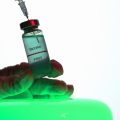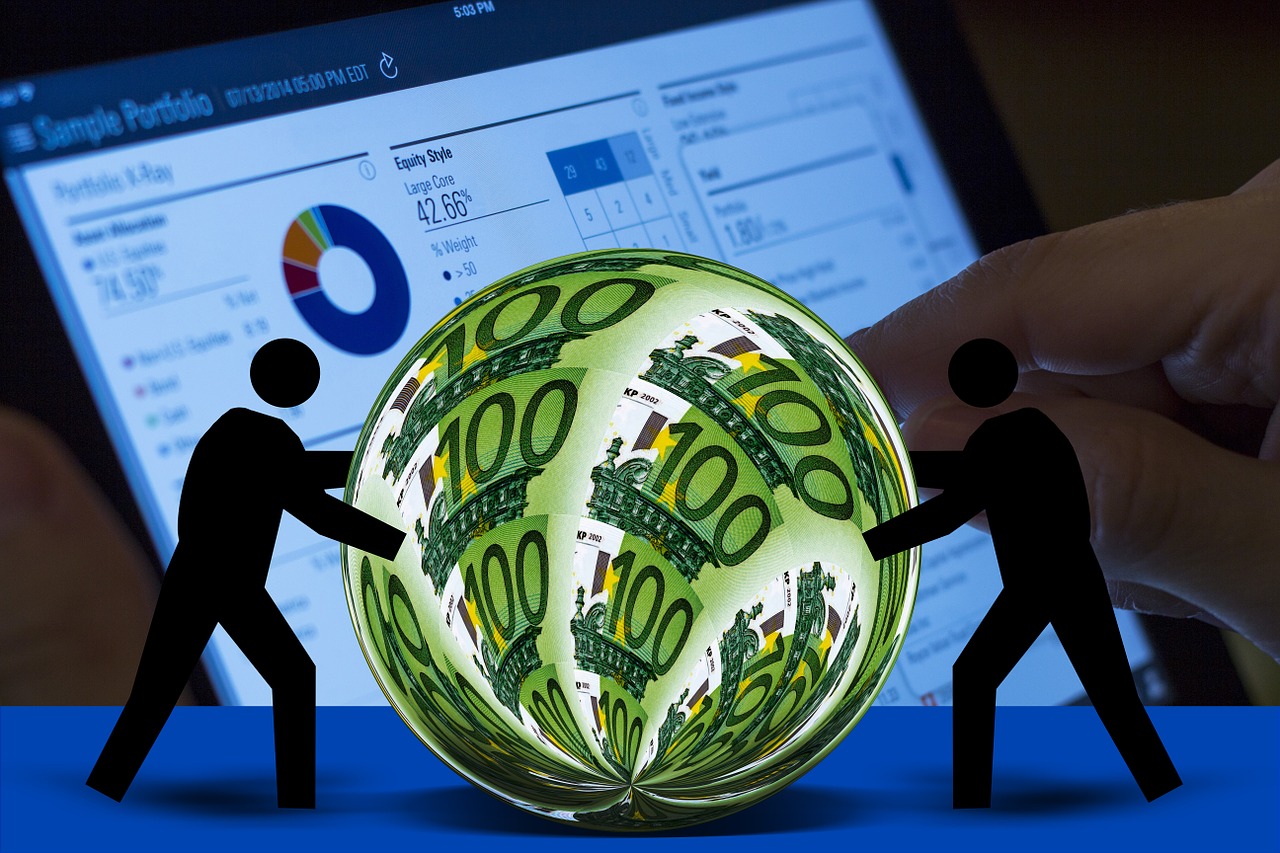Brexit Relief and US Stimulus Cheer Lifts Shares

On Monday, the dollar softened and global shares rose after the US President Donald Trump finally signed a $2.3 trillion COVID-19 stimulus package, and as investors continued their celebration of the last-minute trade deal signed between the European Union and Britain. Trump had initially threatened to block the bipartisan bill, but his backing down meant that millions of Americans could continue receiving unemployment benefits and it helped avert a shutdown of the federal government. Market analysts said that since the coronavirus pandemic doesn’t show any signs of slowing down, this stimulus package was needed for avoiding a major slowdown in the economy in the first quarter of the year.
They said that not having this aid by the end of the year would have been unsettling. Tracking shares in 49 nations, the MSCI World index had risen by 0.3% by 0907 GMT, as it received a boost due to a positive overnight session in Asia and strong opening gains in Europe, even though trading was thinner because of the festive period. There was also a 0.9% increase in the euro STOXX index in the first trading session after an eleventh-hour deal had been signed between Brussels and London on Thursday evening, which preserves access to each other’s markets at zero tariff.
The British market remained closed due to the Boxing Day holiday. Analysts said that markets could finally move past the Brexit drama. The last-minute deal had been made in the previous week, but the UK parliament is scheduled for voting on it on Wednesday. Since the Labour Party has promised its support, they should be able to pass the deal without any issues. There was a 0.6% increase in the US S&P futures in their first trade after the holiday was over, as it moved closer to the record last week.
There was a 0.7% increase in Japan’s Nikkei and China’s stocks also got a boost due to strong data of industrial profit. The broadest index of the MSCI of Asia-Pacific shares with the exception of Japan had risen by 0.1%. Hopes of the economy going back to normal in the next year were boosted with the rollouts of the coronavirus vaccines, with a mass vaccination drive being launched in Europe on Sunday. For now, this has offset an alarm over a highly-infectious and new variant of the coronavirus found in England as well as a number of other countries, including Canada, Japan, and France, over the weekend.
The dollar index had fallen by 0.2% in the foreign exchange markets to 90.028. With investors betting on a continued recovery in the global economy and an extended period of a loose monetary policy in the US, the dollar is expected to remain under pressure. The euro had climbed by 0.2% to reach $1.2232, a little shy of two-and-a-half-year highs, while the yen was traded at 103.41 per dollar. Precious metals appeared to be a lot livelier, as there was a 1.3% increase in gold at one point to reach a one-week high.




















